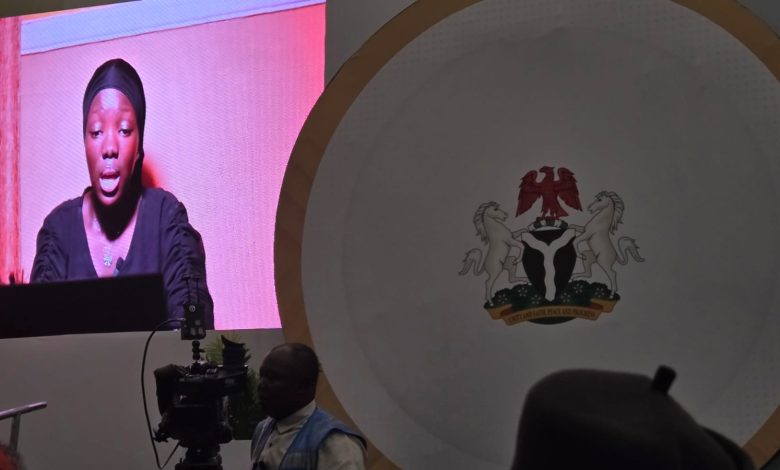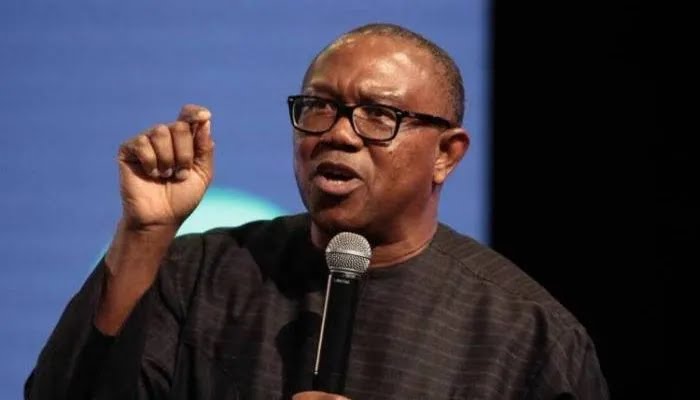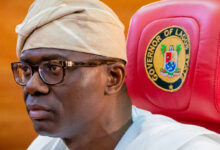FROM PRESIDENTIALISM TO PARLIAMENTARISM: Examining Nigeria’s quest for better governance

By MUJEEBAT IDRIS(
(1st Position PSSG National Essay Competition 2024 )
INTRODUCTION
Government is everybody’s business, and the business of government is everybody’s business. This simple principle captures the essence of democracy: a system where power and responsibility rest not only with elected officials but with the entire population. Nigeria’s journey toward an effective democratic system has been marked by various changes and challenges. After gaining independence from British colonial rule in 1960, Nigeria adopted a parliamentary system similar to Britain’s, with a structure that divided the roles of head of state and head of government and held ministers accountable to the legislature.
While this system had successes, such as regional advancements under leaders like Chief Obafemi Awolowo, it also faced challenges of ethnic conflict and political instability, eventually leading to military interventions. In 1979, Nigeria transitioned to a presidential system under General Olusegun Obasanjo’s military regime. This shift aimed to unify the country by centralizing power in a single executive figure. However, it introduced new challenges, including executive overreach and weakened checks on power.
As Nigeria marks 25 years of uninterrupted democracy, the question arises again: Which system, parliamentary or presidential, can best serve Nigeria’s needs? Supporters of a parliamentary system argue it would be more inclusive and accountable, while proponents of the presidential system believe it provides stronger leadership. This essay explores Nigeria’s governance history and evaluates whether a return to parliamentary governance could bring about better governance.
PRESIDENTIALISM VS. PARLIAMENTARISM
A useful way to compare Nigeria’s presidential and parliamentary systems is through familiar comparisons like Ronaldo vs. Messi in football or Coke vs. Pepsi among beverages. Both governance models, like these famous rivals, seek the same goal—in this case, effective governance—but take different paths to get there.
The presidential system, like Ronaldo in football or Coke among sodas, offers strong, centralized leadership. The president acts as a single, prominent figure with significant power to lead the nation, akin to Ronaldo’s dominant presence on the field. This setup can deliver quick decisions and clear leadership but also risks excessive concentration of power and potential overreach, as all eyes are on a single leader to drive change.
Conversely, the parliamentary system resembles Messi’s teamwork-driven style or Pepsi’s balanced approach. Here, leadership is more distributed, with a prime minister accountable to the legislature, promoting collaboration and responsiveness to public needs. Just as Messi’s success lies in seamless coordination, the parliamentary system thrives on collective accountability, encouraging cooperation across branches and avoiding the pitfalls of concentrated executive power.
By considering these familiar analogies, we can better understand the strengths and potential challenges of each system. While the presidential system (Ronaldo, Coke) has appeal in strong, centralized power, the parliamentary system (Messi, Pepsi) may offer Nigeria a path toward governance that balances leadership with accountability. However, the effectiveness of either system ultimately depends on the quality of leadership and a political culture that values national interests over personal gains.
CASE STUDIES
Parliamentary Era (1960-1966)
During Nigeria’s First Republic, which operated under a parliamentary system, national debt was low, and government spending was carefully monitored by parliament, ensuring greater fiscal responsibility.
Presidential Era (1979-Present)
Since adopting the presidential system, Nigeria’s national debt has grown significantly. Centralized executive power and weaker legislative oversight have contributed to fiscal mismanagement and increased government spending.
COMPARATIVE ANALYSIS
A comparison of Nigeria’s parliamentary and presidential systems reveals that the parliamentary system may be better suited to Nigeria’s diverse needs. The presidential system has led to concentrated power, high governance costs, and a “winner-takes-all” approach. In contrast, a parliamentary system could foster greater accountability, as the executive must maintain the legislature’s confidence to remain in office.
The parliamentary structure also encourages consensus and cooperation among political parties, leading to more inclusive decision-making. This flexibility allows for quick changes in government through votes of no confidence, making it more adaptable to public demands.
With Nigeria facing economic challenges, ethnic tensions, and persistent corruption, proponents of the parliamentary system argue that it could offer a more stable and representative form of governance. However, critics point out that structural changes alone may not resolve Nigeria’s deeper issues, which require dedicated leadership and a commitment to democratic principles.
FINAL SUBMISSION
Considering the limitations of the current presidential system, a transition to a parliamentary framework appears to offer a promising alternative for Nigeria. This system would provide greater accountability, inclusivity, and responsiveness. A new constitution aligned with parliamentary governance could establish robust checks and balances across executive, legislative, and judicial branches, reflecting Nigeria’s regional dynamics and ethno-cultural diversity. Aligning governance with regional interests may also promote local autonomy and stability.
While a parliamentary system may bring potential benefits, Nigeria’s fundamental issues go beyond the structure of governance. Effective government requires capable leadership and a political culture that prioritizes national unity over individual or regional interests. Thus, the focus should be on nurturing these qualities for long-term stability and development. A shift to a parliamentary system, combined with comprehensive reforms, may set the stage for improved governance and a stronger, more unified Nigeria.
*Mujeebat Idris won Bronze of Queen’s Commonwealth Essay Competition 2021 and Brainbox, Bola Ajibola College of Law 2023








